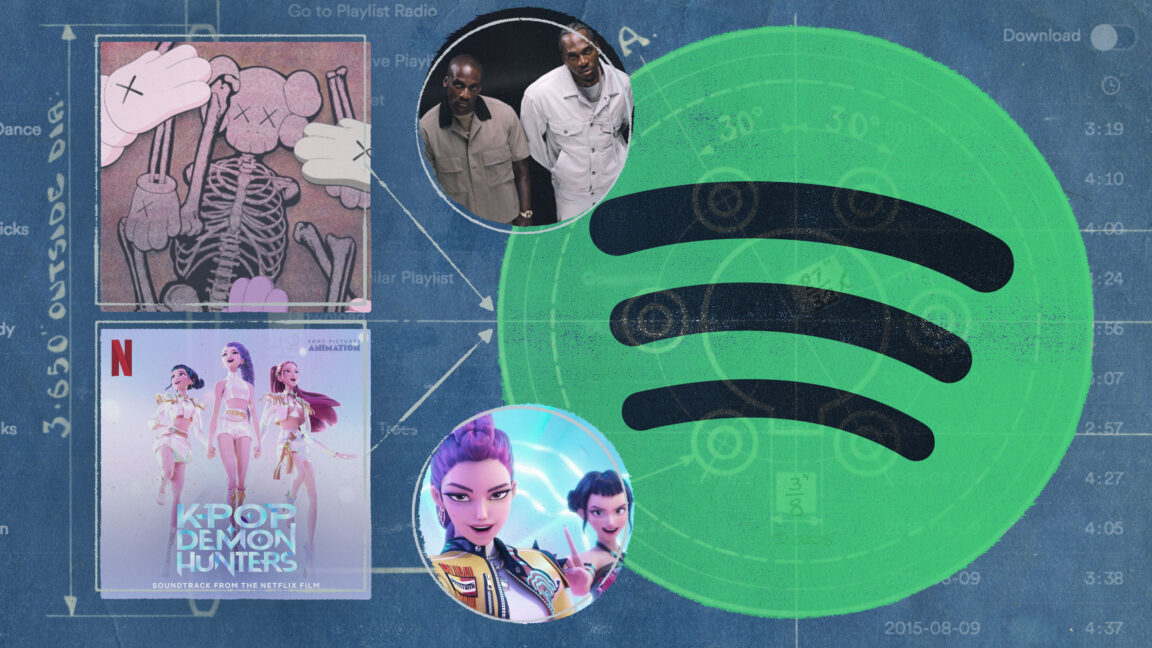Data Betrayal: How 10,000 Spotify Users Turned Platform Insights into AI Gold

In a digital drama unfolding between Spotify and third-party developers, the music streaming giant claims to have issued warnings about data sales, but developers are pushing back, insisting they never received such communication.
The controversy centers around allegations of unauthorized data usage and potential breaches of Spotify's developer guidelines. While Spotify maintains it has taken steps to prevent improper data handling, developers argue they are being unfairly targeted without clear evidence or direct communication.
Sources close to the situation suggest that the warning may have been sent through automated channels or buried in technical communications, potentially explaining why many developers claim ignorance. This communication gap has sparked heated discussions about transparency and accountability in the tech ecosystem.
The incident highlights the ongoing challenges tech platforms face in managing their developer networks and protecting user data. As the story continues to develop, both Spotify and the developers remain locked in a he-said-she-said standoff, with neither side backing down from their position.
Industry observers are watching closely, anticipating how this dispute might impact future developer relationships and data privacy protocols in the digital streaming landscape.








